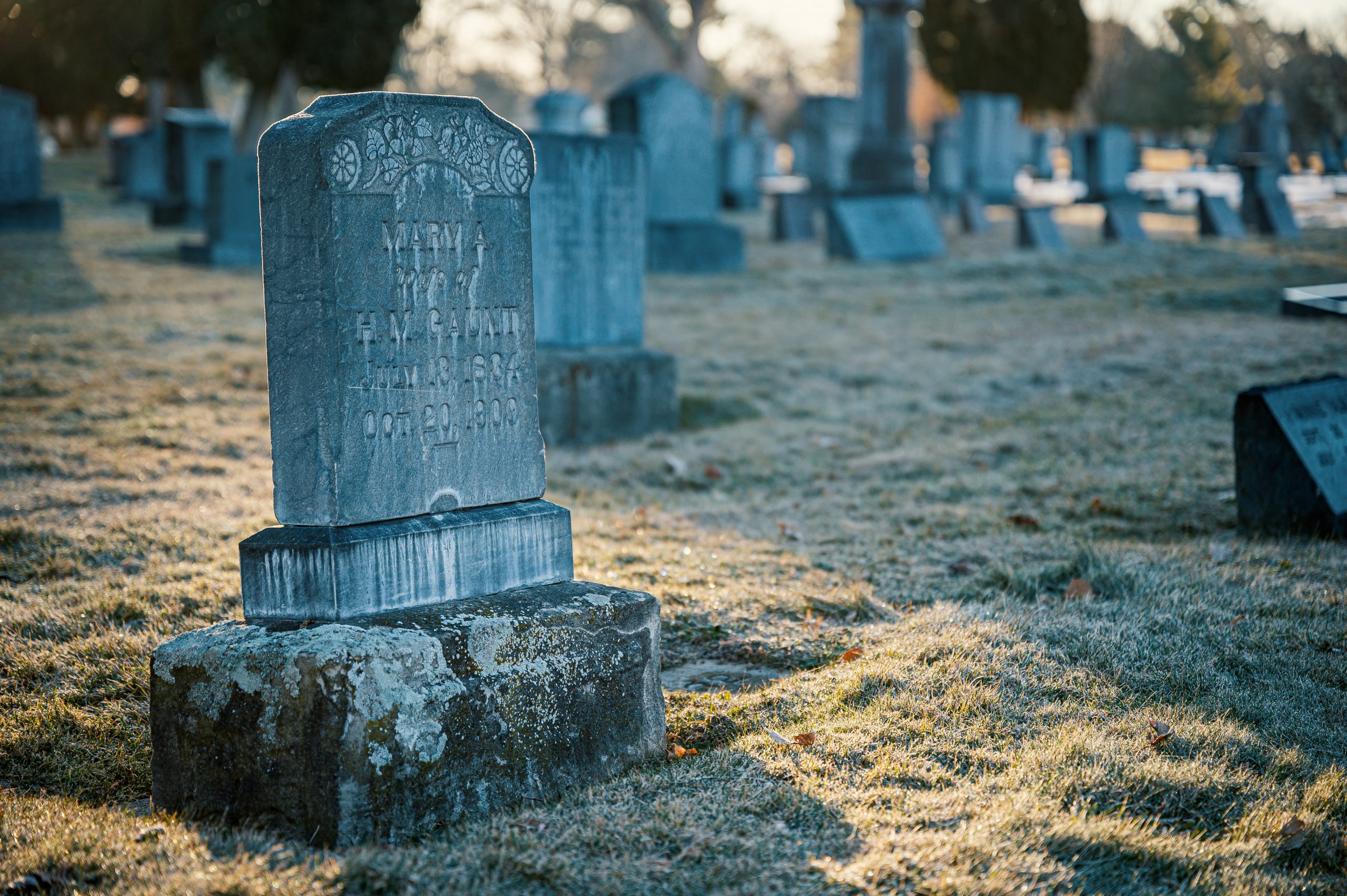You’ve moved through an entire year of heartbreaking firsts.
Along with certain holidays, wedding anniversaries and the loved one’s birthday, the first death anniversary can be one of the hardest days in the grief process.
As the day approaches, you may find yourself facing an abyss of sadness, anger, guilt, and fear. The grief may feel as raw as the day you discovered the loss. At times, it can be even harder because you’re likely long past any point of denial.
Regardless of what this death anniversary marks for you, here’s how you can hold space for your emotions and honor your loved one.
Know That Anticipation Sometimes Hurts the Most
Some people find that just thinking about a loved one’s death anniversary triggers more anxiety, sadness, or discomfort than the day itself.
Remember that whatever feelings you experience during this day are normal. You may or may not feel overwhelmed, and it’s hard to “guess” what emotions you’ll actually sit with.
There’s no one way you should feel, and it’s typical for family members to also have entirely different experiences from one another. The most important takeaway is to be mindful of the tendency to try to control or suppress how you feel. Whatever emerges is okay, and you owe it to yourself to feel it fully.
Consider If and How You Want to Commemorate
Acknowledging death itself can be a powerful part of your healing process. You may choose someone’s death anniversary can allow you to acknowledge this loss intentionally.
If you want to honor your loss in a meaningful way, you might consider doing so on the death anniversary. This encourages you to pay tribute to the loss while giving space for the memories associated with your loved one.
Like anything with grief, there’s no right or wrong way to “act” during this day. Simply reflecting on your favorite memories can bring you a sense of comfort. You can also choose to honor your loved one’s death anniversary by:
- eating a special meal that reminds you of them
- visiting a place you two frequented together
- donating to a charity or organization in their name
- looking through old photos or watching old videos
- sharing memories with other family members
- visiting the cemetery or where their ashes were scattered
Be gentle with yourself as you think about your intentions. Try to avoid tethering yourself to any one plan. Instead, trust that your intuition will guide you into the best way to cope with this day.
Stay Grounded to Support
It’s okay if you want to spend the anniversary alone. Sometimes we need solitude to reflect on our needs and process our emotions safely.
But be mindful of the tendency to withdraw from others when you’re emotionally struggling. Isolation during the grieving process often exacerbates depression and anxiety.
Remember that while every grief experience is undoubtedly unique, loss is as universal as life itself. To be human is to face losses, and we need comfort during those times.
Try to stay connected to close friends and family who make you feel safe. If you feel that nobody in your personal life relates to your loss, consider joining a bereavement or loss group.
Permit Yourself to Distract Yourself
Some people find death anniversaries incredibly traumatic and challenging. This is especially true if they have encountered multiple losses or feel stressed about other pressing issues.
It’s okay if you don’t want to spend this particular day focusing on your loss. You can give yourself permission to stay busy if you need it.
The key here is to be mindful of constant distraction. If you’re always trying to avoid how you feel, you risk prolonging your grief and disregarding your emotional needs.
Increase Self-Care Before and After the Death Anniversary
Grief has a way of feeling like it can swallow you whole. A grieving person may find themselves lost in a bottomless pit of hopelessness, rage, or ambivalence about moving forward.
Recognize that this is a sensitive time for you. Practice more self-compassion by permitting yourself to take care of your needs and listen to your body. Observe how you feel and try to commit to sticking to some semblance of structure.
The goal of self-care isn’t to eliminate how you feel or overcome your grief. The goal is to treat yourself compassionately and gently during this difficult time.
Grief Therapy for Coping With Death Anniversaries
Grief comes with so many intense emotions, and the level of these emotions can fluctuate throughout the days, weeks, and months. It’s also normal for feelings to intensify during specific times of the year.
Grief therapy can help you better understand your emotions and process your loss meaningfully. There is no quick fix for eliminating pain, but there are ways to take care of yourself while honoring the loss you experienced.
I am here to hold this space for you. Contact me today to get started.

